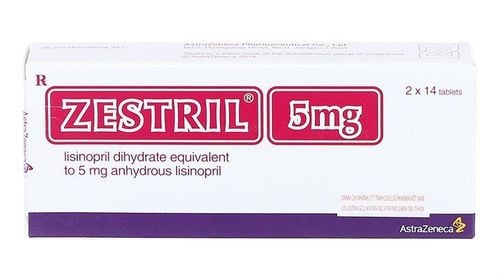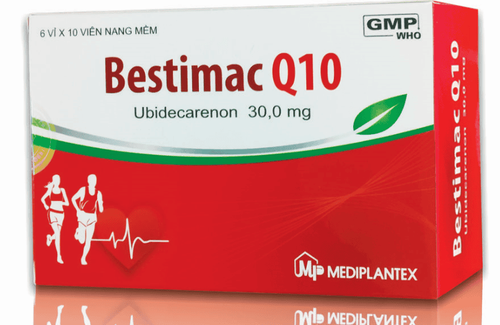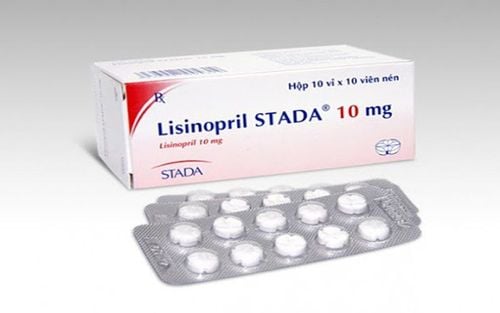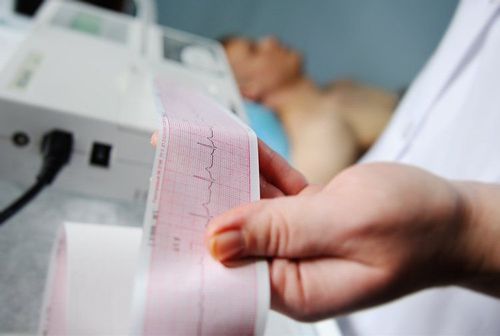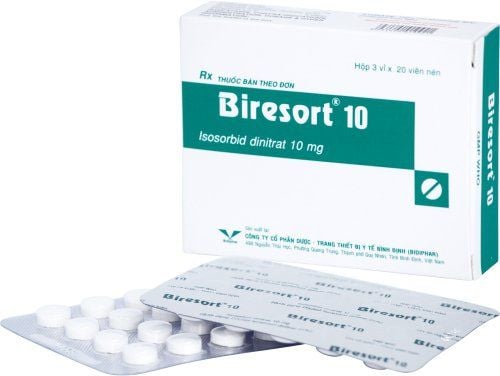This is an automatically translated article.
The article is expertly consulted by MSc Vu Thi Tuyet Mai - Cardiologist, Vinmec Central Park International General Hospital.
Damage to the heart or structure of the heart reduces the amount of blood going around the body, which in turn leads to the heart having to work too hard to deliver nutrients to the organs in the body. When this phenomenon continues for a long time, the heart function will weaken and the heart can no longer perform its job of pumping blood to the body, this is called decompensated heart failure.
1. What is decompensated heart failure?
Decompensated heart failure is a clinical syndrome in which the structure and function of the heart are changed, making it impossible for the heart to perform its job of supplying blood to the entire human body. At this time, the symptoms of heart failure are becoming more and more obvious.
Acute decompensated heart failure accounts for 80% of hospitalizations for acute heart failure, the remaining 20% is for first-time acute heart failure.
2. Causes of decompensated heart failure
Some of the causes of decompensated heart failure include:
Decompensated heart failure develops from congestive heart failure: this is the most dangerous case because there is no possibility of successful treatment. Decompensated heart failure due to cardiovascular diseases such as coronary artery disease , myocardial ischemia , hypertension . Other causes such as:
Acute pulmonary edema Systemic infections Viral infections affecting the heart Anaphylaxis Severe arrhythmias Cardiac surgery, artificial lungs.
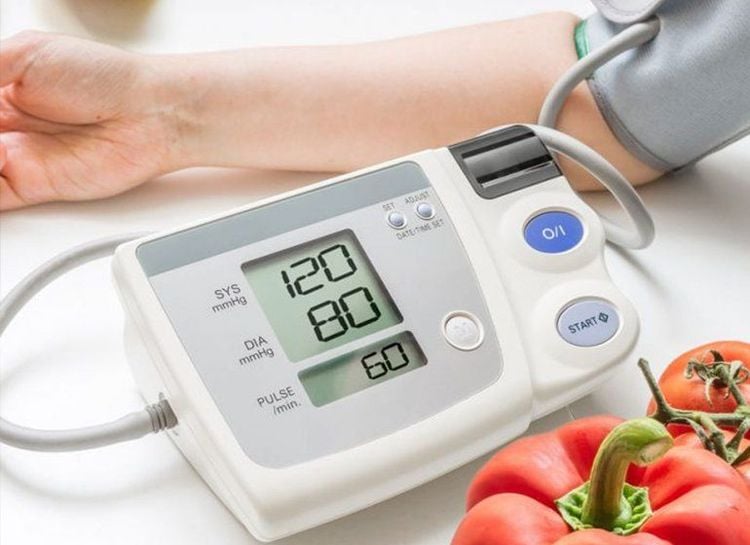
3. Symptoms of decompensated heart failure
Unlike compensated heart failure, there are no symptoms, decompensated heart failure will occur very clearly and become more and more severe the following symptoms:
Body anxiety, poor diet Loss of memory Muscle can sweat a lot Shortness of breath, cough with exertion, paroxysmal nocturnal paroxysmal nocturnal paroxysmal breathlessness and coughing more often when lying down Blood pressure palpitations Rapid heartbeat Edema, soft edema, concave pressure. As the disease progresses, the symptoms mentioned above are also obvious and seriously affect the patient's life. Patients can also suffer from heart attack and stroke.
For elderly patients, diseases of the weakened immune system may prevent the patient from detecting symptoms of decompensated heart failure.
4. Diagnosis of decompensated heart failure
To diagnose as well as contribute to the prognosis of decompensated heart failure, the patient should be examined by clinical examination combined with the following laboratory techniques:
Blood tests X-rays Exercise therapy Ultra Echocardiogram Electrocardiogram Computed tomography Magnetic Resonance Imaging .
5. Prevention of decompensated heart failure
To prevent decompensated heart failure:
For patients who are suffering from cardiovascular diseases but have not yet progressed to the heart failure stage, it is necessary to treat carefully as prescribed by the doctor to prevent heart failure. heart in the patient. For people who have lost a lot of blood after an accident or surgery, it is necessary to replenish the body with many nutrients after recovery. Do not smoke to prevent increased heart rate, increased blood pressure, decreased blood oxygen. Smoking is also a contraindication for heart transplant surgery. Limit the use of beer and alcohol. For people who are overweight and obese, it is necessary to lose weight and maintain an appropriate diet and exercise regimen. Can consult with a nutritionist in case of need. Eat less salt. Diets reduce fat and cholesterol. Maintain a daily exercise regimen. Reduce stress and stress in your life.
6. Treatment of decompensated heart failure

6.1 Medical treatment The classes of drugs used to treat decompensated heart failure include:
Diuretics aimed at reducing circulatory volume, reducing the burden on the heart, resolving pulmonary edema, leg edema , belly. Vasodilators: include calcium channel blockers, angiotensin II receptor blockers. Cardiac medications aim to increase the force of contractions of the heart. Antiarrhythmic drugs to reduce tachycardia and palpitations. Anticoagulants are used to prevent heart failure complications such as myocardial infarction and stroke. Sedatives help patients reduce anxiety and stress. 6.2 Surgical treatment For severe heart failure, patients with decompensated heart failure will be indicated for surgical intervention according to the cause of the disease, including the following types of surgery:
Arteriovenous bypass surgery , stenting for the purpose of clearing, enhancing blood flow to the heart, is indicated for patients with coronary artery disease Heart valve surgery: can repair or replace a new heart valve. pacemakers for patients with decompensated heart failure with bradycardia Defibrillator implantation Ventricular assist devices Heart transplantation is indicated for severe heart failure and unresponsive to other therapies . Change lifestyle:
Eat scientifically with salt content not exceeding 1.5g/day, eat foods rich in fiber and potassium. Do not eat fast food, foods containing a lot of fat, sugar... Do not smoke. Have a suitable exercise regimen. Prevent infections by cleaning the body, vaccinating... Keep your mind comfortable, free from stress and anxiety. Routine cardiovascular examination. Vinmec International General Hospital is one of the hospitals that not only ensures professional quality with a team of leading doctors, modern equipment and technology, but also stands out for its examination and consulting services. and comprehensive, professional medical treatment; civilized, polite, safe and sterile medical examination and treatment space.
Please dial HOTLINE for more information or register for an appointment HERE. Download MyVinmec app to make appointments faster and to manage your bookings easily.






